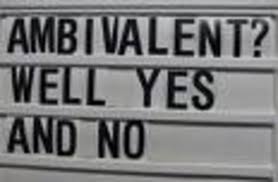
Or, in the case of facebook, if you can’t tell what the product is – it’s you:
Facebook is the prime online, global incubator of racist, quasi-fascist propaganda, conspiracy theories, state-run psyops and agit-prop operations, even in at least one case actual state-backed programs of population transfer and arguable genocide. But to really understand the problem with Facebook we need to understand the structural roots of that problem, how much of it is baked into the core architecture of the site and its very business model. Indeed much of it is inherent in the core strategies of the post-2000, second wave Internet tech companies that now dominate our information space and economy.
Facebook is an ingenious engine for information and ideational manipulation. Good old fashioned advertising does that to a degree. But Facebook is much more powerful, adaptive and efficient. That’s what all the algorithms do. That’s why it makes so much money. This is the error with people who say the fact that people do bad things with Facebook is no different from people doing bad things with phones. Facebook isn’t just a ‘dumb’ communications system. It’s not really a platform in the original sense of the word. (The analogy for that is web hosting.) Facebook is designed to do specific things. It’s an engine to understand people’s minds and then manipulate their thinking. Those tools are refined for revenue making but can be used for many other purposes. That makes it ripe for misuse and bad acting.
As Josh says, fB is in the middle of another round of bad publicity and they deserve every bit of it. Obviously also another meaning of being green, but we CAN learn, get older and [a bit] wiser.
And speaking of TPM and green, find some good media you trust and pay for it. Support it. Help it exist. TPM is a good one that I’ve read for many years now. But don’t believe me, go check it out for yourself. Hit ’em up.
Image via.

